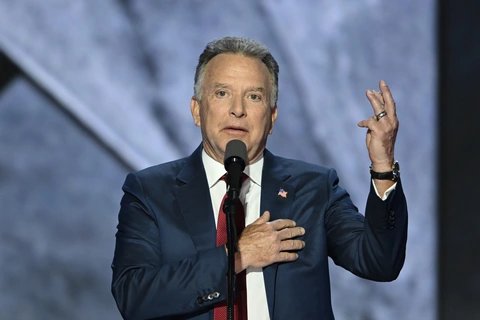In a rare and unexpected show of admiration, Russian President Vladimir Putin recently praised American billionaire Elon Musk, calling him a “remarkable man” and even going so far as to compare him to the legendary Sergey Korolev, widely regarded as the father of the Soviet space program. This statement has stirred conversations across geopolitical, technological, and historical circles, highlighting Musk’s growing influence not only in the business and tech world but also in global politics. While the U.S. and Russia have had their fair share of tension, this moment of respect from one of the world’s most powerful leaders towards one of America’s most influential entrepreneurs paints a compelling picture of 21st-century innovation.
### Elon Musk: A Global Symbol of Technological Ambition
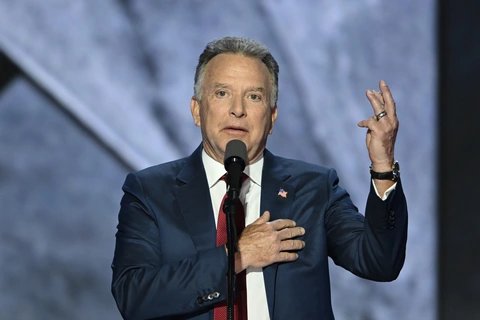
Elon Musk, the CEO of SpaceX and Tesla, among other ventures, has become synonymous with innovation. From launching reusable rockets to proposing interplanetary travel to Mars, Musk’s influence on the modern space industry is undeniable. His bold vision, tireless work ethic, and relentless pursuit of progress have drawn both criticism and acclaim, yet he continues to push the boundaries of what was once thought impossible.
What sets Musk apart is not just his technological advancements, but his ability to make space exploration exciting again. SpaceX has successfully captured the imagination of the public, inspired a new generation of engineers, and reinvigorated the global space race. This universal appeal may be what led Putin to speak so highly of him, even amid strained US-Russia relations.
### Sergey Korolev: The Genius Behind the Soviet Space Dream
To understand the weight of Putin’s comparison, one must understand who Sergey Korolev was. Often hidden from the public eye during his lifetime, Korolev was the mastermind behind the Soviet Union’s early space victories, including the launch of Sputnik—the world’s first artificial satellite—and the historic flight of Yuri Gagarin, the first human in space.
Korolev’s legacy in Russia is immense. He was not only a brilliant engineer but a national hero whose vision laid the foundation for the USSR’s dominance in the early space race. Comparing Elon Musk to Korolev, therefore, is more than a compliment; it is a declaration that Musk is not merely a successful businessman, but a visionary capable of changing the course of history.
### Putin’s Statement: A Surprising Admiration
Putin’s praise came during a televised meeting with young Russian engineers and students. When asked about current global figures he admires in the field of space and innovation, Putin did not hesitate to mention Elon Musk. He spoke about Musk’s work with Starlink, reusable rockets, and his mission to colonize Mars, acknowledging that these ambitions echo the audacity and brilliance once seen in Korolev.
In his own words, Putin said, _“Elon Musk is an extraordinary man. In many ways, he reminds me of Sergey Korolev. They are both people who dream beyond the horizon and make those dreams into reality.”_
This acknowledgment from a leader who rarely lauds Western figures underscores just how influential and globally respected Musk has become.
### Geopolitical Implications: Admiration Beyond Borders
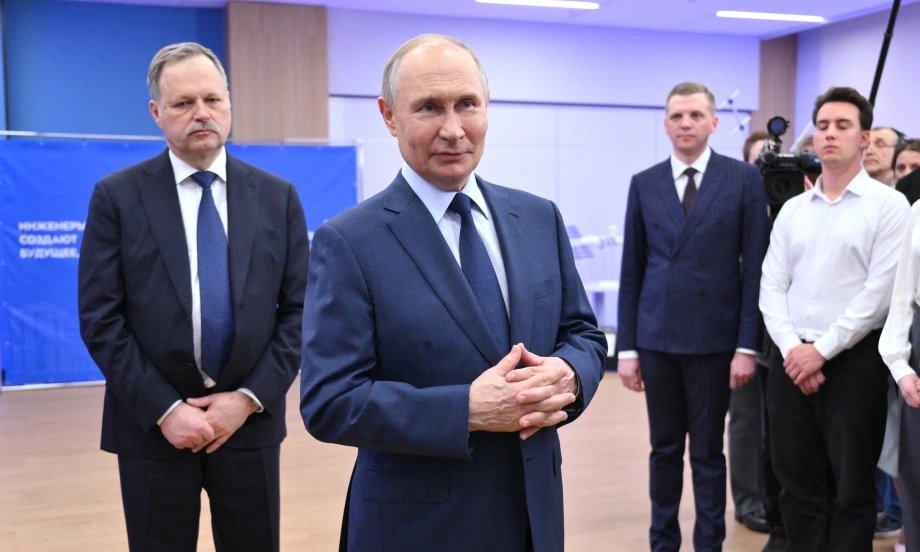
At first glance, Putin’s statement might appear as a simple gesture of respect. However, in the complex world of international politics, even a compliment carries deep significance. In a time when U.S.-Russia relations are marked by sanctions, military tensions, and conflicting ideologies, a Russian leader praising an American entrepreneur is symbolic.
It raises questions about the unifying power of science and technology. Could admiration for innovation bridge geopolitical divides? Does Elon Musk represent a new kind of diplomacy—one where private individuals and their achievements foster dialogue between rival nations?
Putin’s comment suggests that, despite political conflicts, there remains a deep respect for intellect, vision, and capability, regardless of nationality.
### SpaceX: Redefining the Future of Space Exploration
Much of Putin’s praise stems from Musk’s leadership of SpaceX, which has arguably revolutionized the space industry. From the Falcon Heavy to the Starship, SpaceX’s achievements have disrupted the monopoly of government space agencies and proven that private companies can lead the way in space travel.
The company’s use of reusable rockets not only reduces costs but also increases the frequency and reliability of missions. Moreover, Starlink, Musk’s ambitious satellite internet project, has already launched thousands of satellites, with aims to provide global broadband coverage—even in the most remote regions.
This scale and scope of achievement have not gone unnoticed. SpaceX’s success has forced even state-run programs like Roscosmos (Russia’s space agency) and NASA to rethink their strategies and goals.
### Musk and Korolev: A Parallel Vision
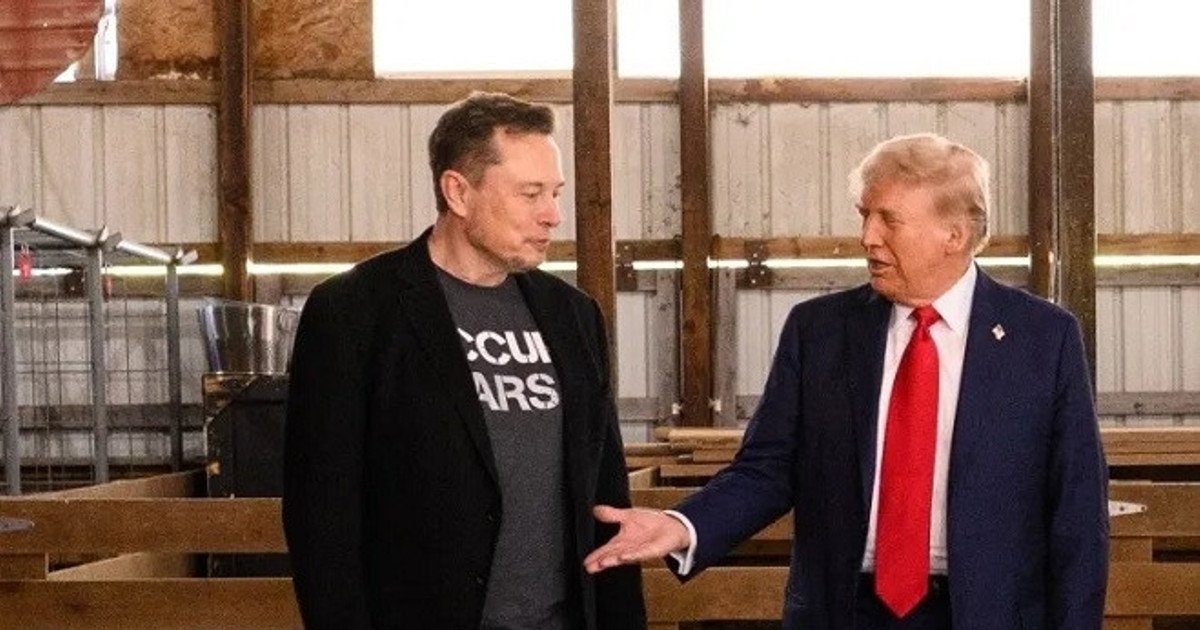
Both Musk and Korolev share a defining trait: a relentless pursuit of the unknown. Korolev worked in an era defined by political secrecy and ideological control, yet he pushed Soviet science to unmatched heights. Musk, in contrast, operates in a highly public, capitalist-driven world, yet he too carries a vision not limited by Earth’s borders.
They are both considered mavericks in their own right—individuals who challenge the status quo and view the cosmos not just as a destination, but as a calling. Musk often speaks of making life multiplanetary as a means of preserving human civilization. Korolev believed in space as a symbol of national pride and scientific advancement.
In both cases, the goal transcends technology—it’s about legacy and the long-term survival of humankind.
### Public and Expert Reactions to Putin’s Remark
Putin’s statement triggered a wave of responses around the globe. In the West, some critics were skeptical of his intentions, questioning whether this was a strategic move to gain favor or soften political narratives. Others saw it as a genuine moment of respect between two ideologies divided by politics but united by curiosity and progress.
Russian experts largely welcomed the comparison, noting that it reflects a national acknowledgment of where innovation is thriving today. For younger generations in Russia, who look to global role models, Musk’s name resonates strongly, much like Korolev’s did for earlier generations.
In the U.S., the comment was received as further validation of Musk’s monumental impact. While Musk is often a polarizing figure, drawing criticism for his management style and controversial statements, this international recognition served as a reminder of the scale of his accomplishments.
### Technology as a Bridge in Divided Times
In an era marked by division, competition, and uncertainty, moments of mutual respect between rival nations are rare. Yet technology has always had a way of bridging those divides. The space race of the 20th century, though born from Cold War rivalry, eventually led to cooperation in ventures like the International Space Station.
Perhaps Putin’s comment hints at a future where space exploration, driven by both governments and private entities, could once again unite humanity. Musk has often emphasized the importance of collaboration in space missions, welcoming partnerships with other countries to achieve common goals.
This spirit of unity—sparked by ambition and respect—may be one of the few forces capable of transcending politics in the modern age.
### Elon Musk’s Response: Humble Yet Honored
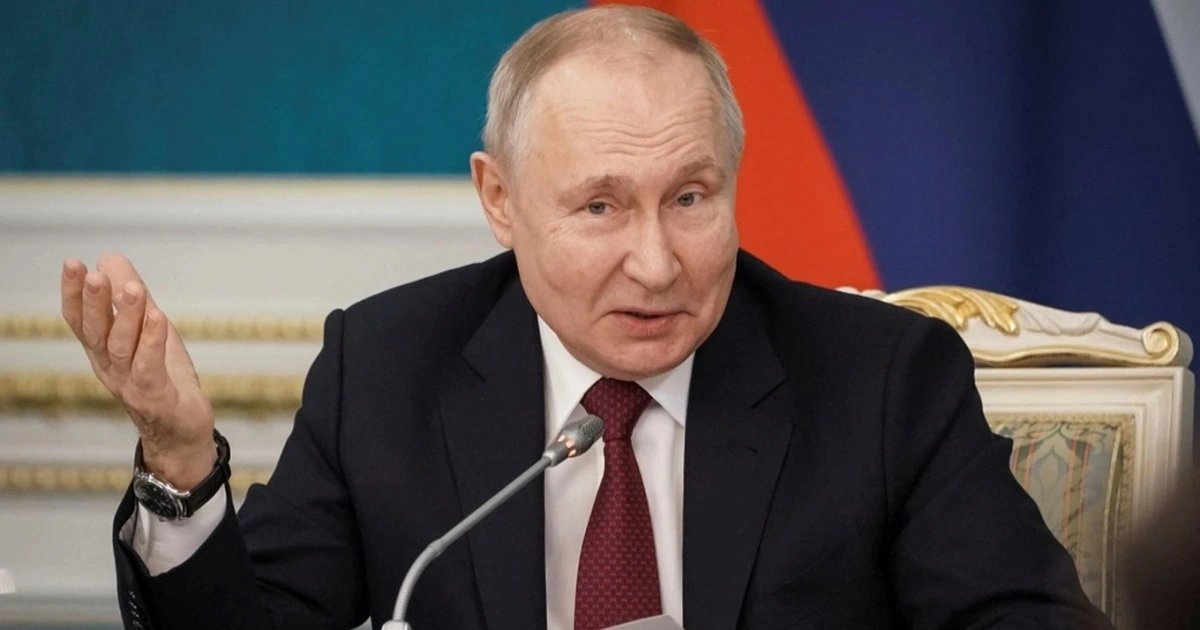
Although Elon Musk has not made an official public statement in response to Putin’s comparison, those close to him have indicated that he was honored by the remark. Musk has previously acknowledged Sergey Korolev’s impact, even tweeting in 2020 after a conversation with Korolev’s grandson, “Great respect to the legendary Sergey Korolev. His work inspired much of what we do at SpaceX.”
The mutual admiration, even across generations and political lines, illustrates how innovation knows no boundaries. It’s a nod to the legacy that Korolev left behind and the future Musk is trying to create.
### Conclusion: A Moment That Transcends Politics
Putin’s unexpected praise of Elon Musk and his comparison to Sergey Korolev marks a unique moment in modern history. It is not just a recognition of Musk’s success, but a symbolic gesture that reminds us of the universal value of vision, creativity, and progress. In a world so often divided, such moments remind us that genius has no borders, and that the desire to explore the stars can bring even the most unlikely people into alignment.
Whether or not this moment leads to greater cooperation between nations remains to be seen. But one thing is clear: Elon Musk’s legacy is not just being built in boardrooms and laboratories—it is echoing in the halls of power across the world, reaching places few entrepreneurs have ever gone.
